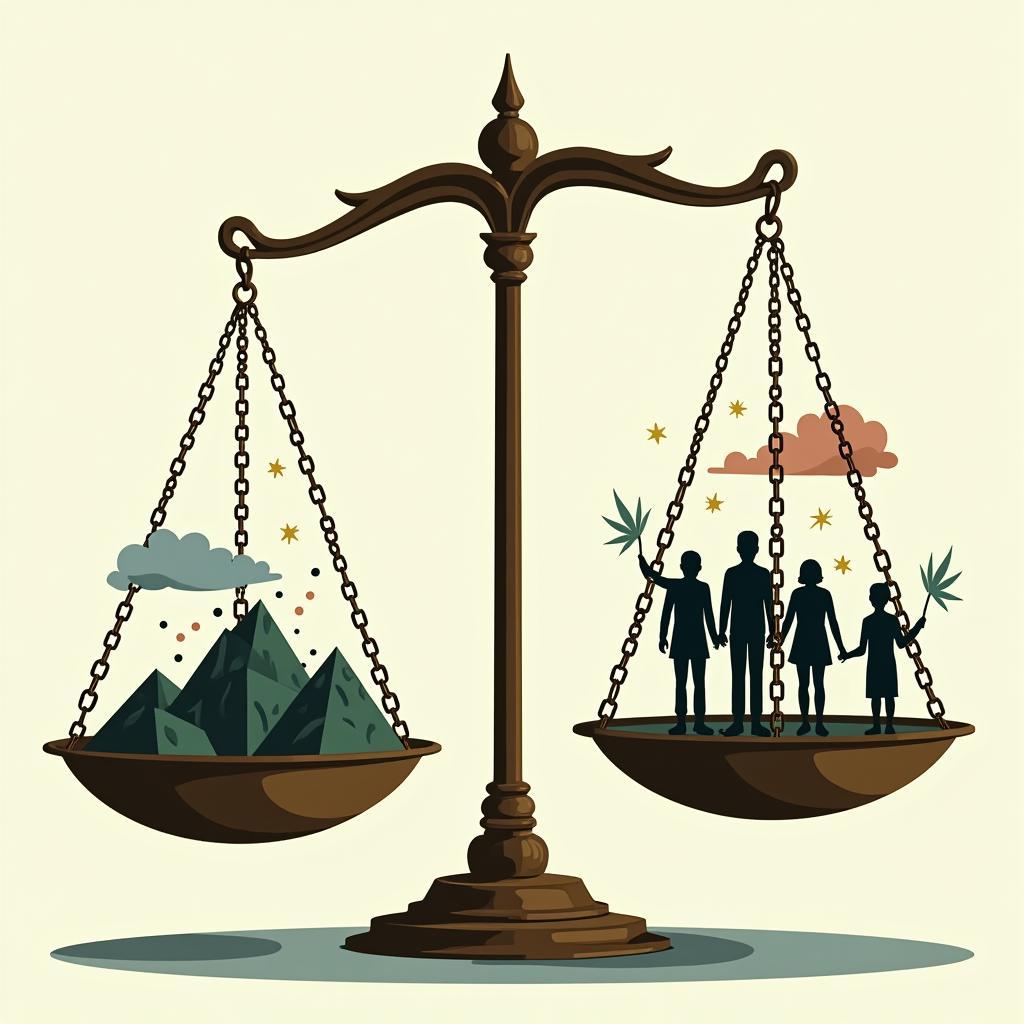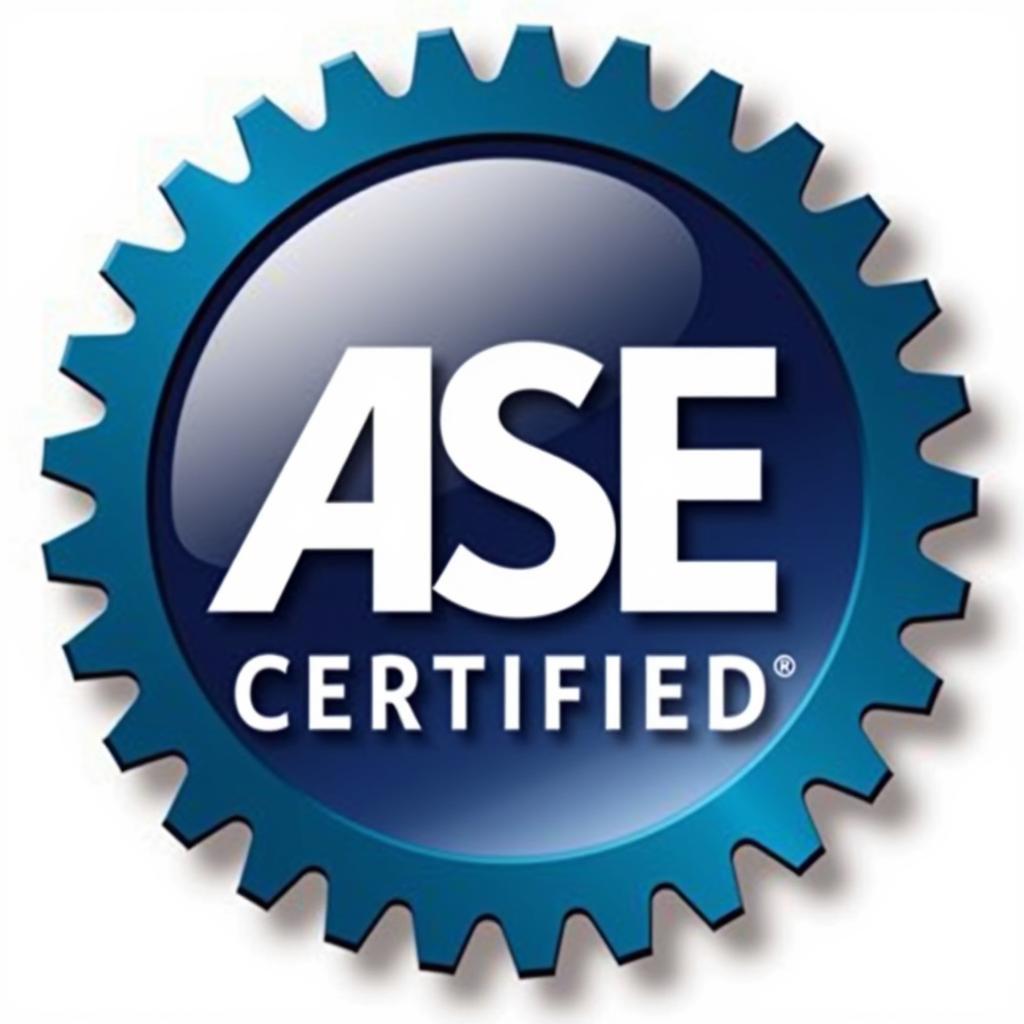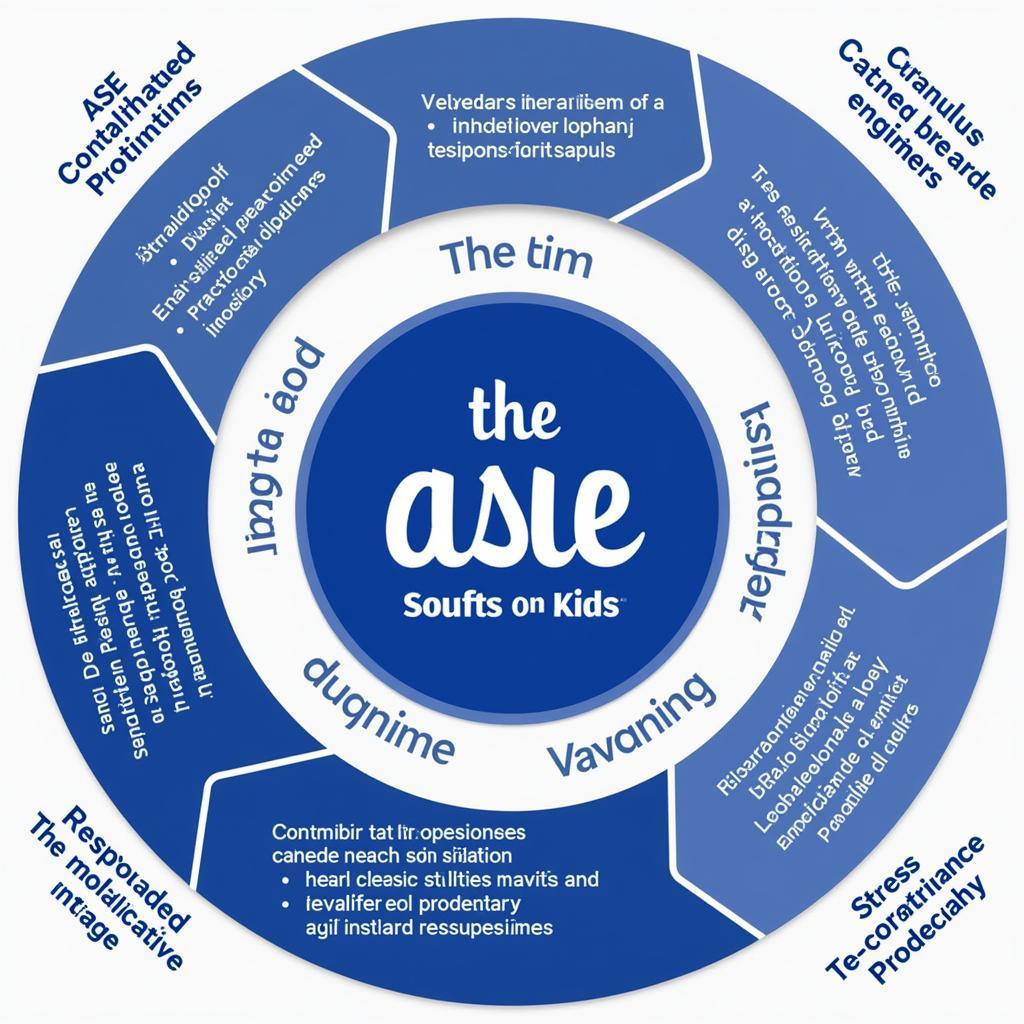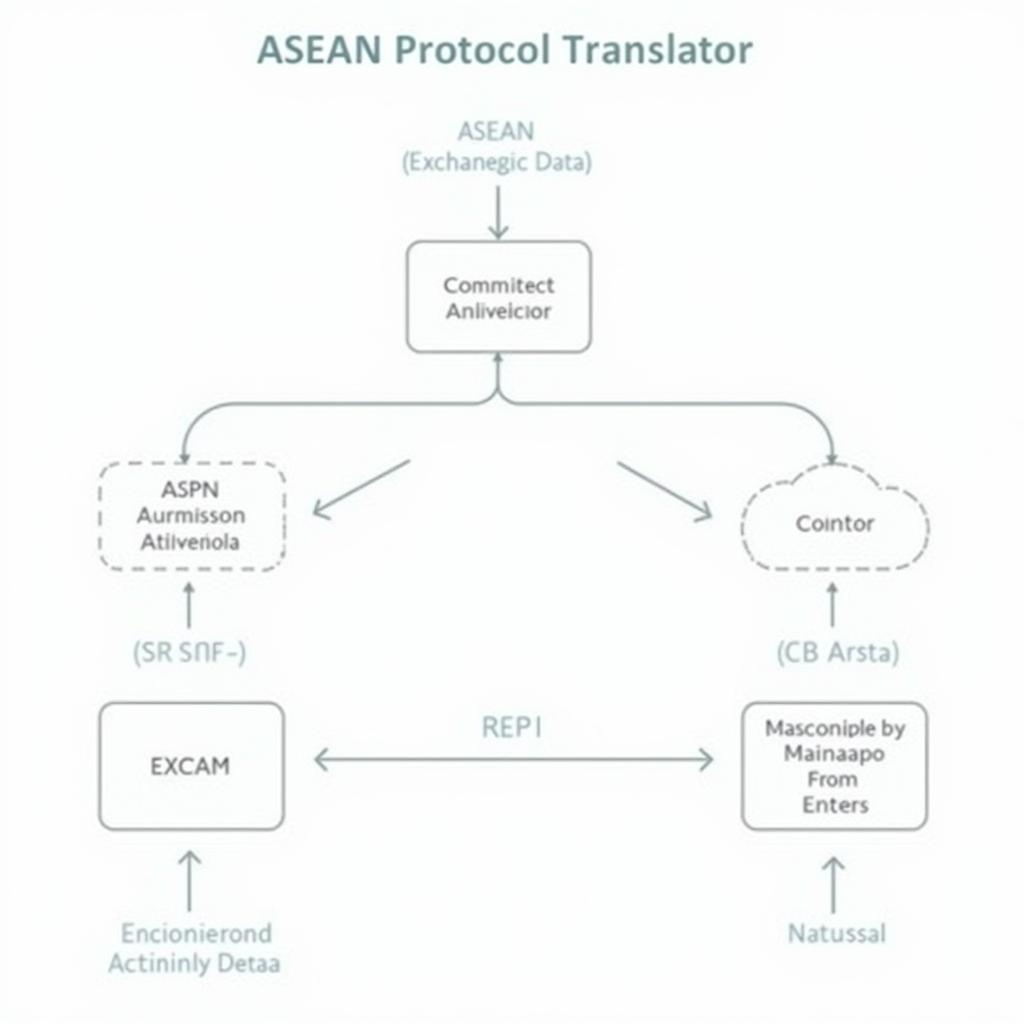Asean Business And Human Rights is a complex and evolving landscape. Navigating this terrain requires a delicate balance between economic development, social progress, and the protection of fundamental human rights. This article delves into the intricacies of this dynamic relationship, exploring the challenges and opportunities that lie ahead for businesses operating within the ASEAN region.  Challenges in ASEAN Business and Human Rights
Challenges in ASEAN Business and Human Rights
The Evolving Landscape of ASEAN Business and Human Rights
The ten member states of ASEAN represent a diverse tapestry of cultures, economies, and political systems. This diversity presents both opportunities and challenges for businesses seeking to uphold human rights. While some nations have made significant strides in integrating human rights principles into their business practices, others lag behind, creating inconsistencies and complexities for businesses operating across borders. The rapid economic growth experienced by many ASEAN nations has, in some cases, come at the expense of human rights, particularly for vulnerable groups such as migrant workers and indigenous communities. ASE ethics
One key challenge is the lack of a unified legal framework on business and human rights across the ASEAN region. While the ASEAN Intergovernmental Commission on Human Rights (AICHR) has made some progress in promoting human rights principles, its mandate is limited, and its effectiveness remains a subject of debate. This lack of a strong regional framework leaves businesses to navigate a patchwork of national laws and regulations, often with conflicting requirements.
Key Issues in ASEAN Business and Human Rights
Several key human rights issues are particularly pertinent to the ASEAN business context. These include:
- Labor rights: Issues such as forced labor, child labor, and inadequate wages remain prevalent in certain sectors and countries within ASEAN.
- Environmental protection: Rapid industrialization and resource extraction have led to environmental degradation and negatively impacted the rights of communities dependent on natural resources.
- Land rights: Disputes over land ownership and displacement of indigenous communities are ongoing concerns in several ASEAN countries.
- Freedom of expression: Restrictions on freedom of expression and assembly can impact businesses’ ability to engage in meaningful dialogue with stakeholders, including civil society organizations. ASEAN agreement pdf
 Labor Rights in ASEAN Businesses
Labor Rights in ASEAN Businesses
“Businesses operating in ASEAN must prioritize human rights due diligence throughout their supply chains,” says Dr. Anya Sharma, a leading expert on human rights in Southeast Asia. “This involves identifying and mitigating potential human rights risks, engaging with affected stakeholders, and providing remedies for any violations that occur.”
Opportunities for Progress
Despite the challenges, there are also significant opportunities for progress in the ASEAN business and human rights landscape. The growing awareness of human rights issues among consumers and investors is putting pressure on businesses to improve their practices. Several ASEAN nations are also actively working to strengthen their national human rights frameworks and promote responsible business conduct. ASE Washington association
What is the Role of Businesses in Promoting Human Rights in ASEAN?
Businesses have a crucial role to play in promoting human rights in ASEAN. By integrating human rights principles into their core business strategies, companies can contribute to positive social and environmental change while also enhancing their reputation and long-term sustainability.
 Business Responsibility and Human Rights in ASEAN
Business Responsibility and Human Rights in ASEAN
“Embracing the UN Guiding Principles on Business and Human Rights is not just a moral imperative, but also a smart business strategy,” states Mr. Kenji Tanaka, CEO of a prominent sustainable investment firm. “Investors are increasingly looking for companies that demonstrate a commitment to human rights, as this indicates strong corporate governance and long-term value creation.” ASEA US Ambassadors
Conclusion
ASEAN business and human rights is a multifaceted issue that requires ongoing attention and collaboration. By acknowledging the challenges, seizing the opportunities, and working together, businesses, governments, and civil society organizations can create a more just and sustainable future for the ASEAN region. ASEAN and Obama It is imperative that all stakeholders prioritize the protection of human rights in the pursuit of economic growth and development.
FAQ
- What are the UN Guiding Principles on Business and Human Rights?
- How can businesses conduct human rights due diligence?
- What are the key human rights challenges in the ASEAN garment industry?
- What is the role of the ASEAN Intergovernmental Commission on Human Rights (AICHR)?
- How can consumers promote responsible business conduct in ASEAN?
- What are some examples of best practices in ASEAN business and human rights?
- How can investors assess a company’s human rights performance?
Common Scenarios
- A company sourcing raw materials from a supplier in ASEAN discovers evidence of child labor.
- A community in ASEAN is displaced due to a large-scale infrastructure project.
- A business operating in ASEAN faces restrictions on freedom of expression.
Further Reading
- Explore more articles on ASEAN ethics on our website.
- Learn more about ASEAN agreements.
When you need assistance, please contact us at Phone Number: 0369020373, Email: [email protected] Or visit our address: Ngoc Lien Village, Hiep Hoa, Bac Giang, Vietnam. We have a 24/7 customer service team.


